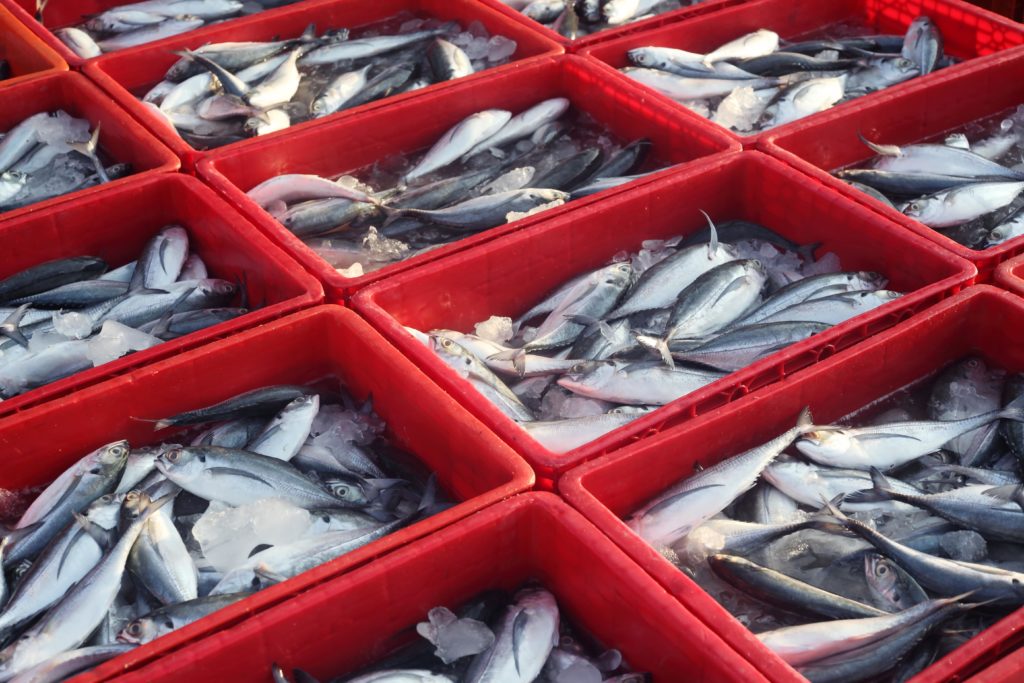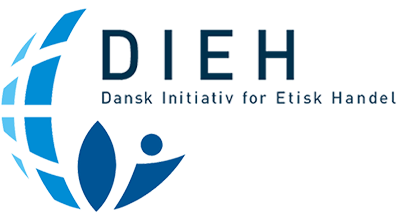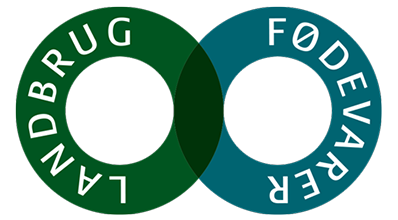Prevent, minimize, and remediate negative impacts on people
Company practices and supplier setup
Purchasing practices
Performing due diligence is about looking inwards, honestly and critically considering how company processes and practices affect human rights positively as well as negatively.
It is detrimental, for example, if a CSR manager pressures the supplier with demands for plans of action, certifications and better working conditions, while the purchasing department is negotiating hard on price and delivery time. Pressuring a supplier on price often affects the people who work at production sites or further out in the value chain.
Therefore, you must consider your own practices and price negotiations to ensure that your actions do not adversely affect human rights. A dialogue with your customers about price or last-minute order changes may also be necessary in order to create an understanding of why, for example, demands for additional price reductions may adversely affect vulnerable people.


Streamline and simplify your supplier portfolio
Simplifying a value chain with fewer suppliers and intermediaries may be advantageous. This promotes closer cooperation with your suppliers, and reduces the number of risk assessments, plans of action and follow-ups needed.
The more intermediaries, the harder the monitoring of the value chain.
Criteria for selecting new suppliers
When performing due diligence, setting up criteria that suppliers must meet can be a good idea.
Taking human rights into account from the start creates clarity for the supplier and provides a good starting point for new supplier relationships. Be aware that making changes in important conditions with a supplier later in the process can be extremely difficult.
Such criteria may include general human rights policies, as well as obligations for the parties to work within a structured framework with the largest risk areas.

Case stories from small and medium-sized businesses in the food cluster
Letz Sushi thinks certification first, price second
About this guide
This guide is aimed at small and medium-sized businesses in the food cluster, i.e., companies with between two and 250 employees working in agriculture and horticulture, fisheries, fish farming, agroindustry, food production and ingredients. Human rights due diligence is relevant whether you are in the B2C or B2B market, importing, exporting or have your own production in Denmark.
The purpose of the guide is to assist SMEs perform human rights due diligence, regardless of size and resources of the company. The guide provides inspiration for how to begin and how to strengthen your current processes.
The guide was prepared by the Danish Initiative for Ethical Trade, in collaboration with the Danish Agriculture & Food Council and Arla Foods, and co-sponsored by the Danish Business Authority. The guide may not be changed, reproduced or translated without prior written permission from the Danish Initiative for Ethical Trade. If used in a teaching context, it must be with a clear acknowledgement of the partners behind the development of the guide, crediting them clearly, including use of relevant logos.



